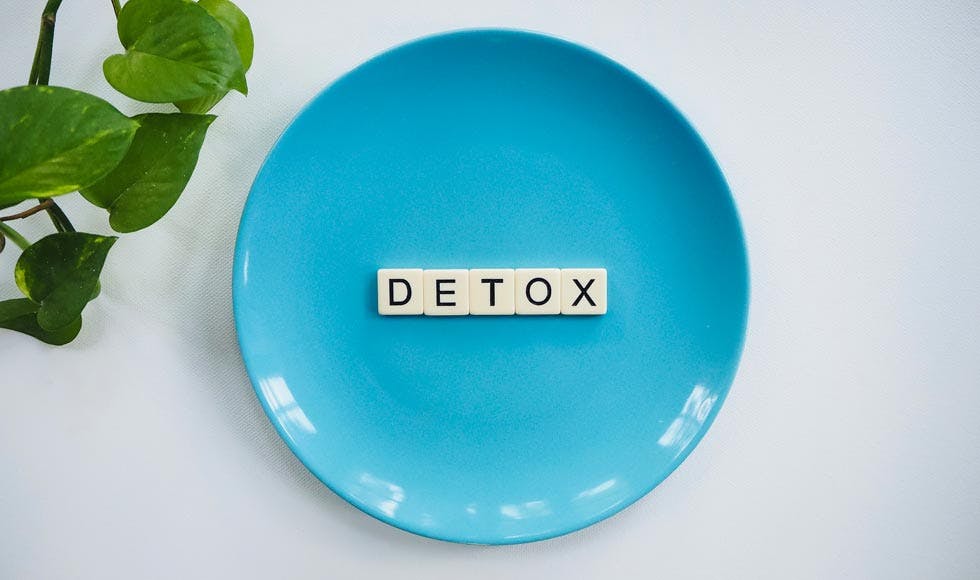
- Health hub/
- Weight management/
- Ten tips to outwit your appetite


1. Up your fibre
Fibre-rich foods stimulate appetite-suppressing hormones, helping you feel fuller for longer.
2. Brush your pearly whites
Take your hand out of the cookie jar and grab your toothbrush. The flavour change may help you say no to the internal cookie monster.
3. Keep a consistent meal schedule
Having breakfast and eating regularly can keep your hormones steady and your appetite at bay. Studies show that those who consume breakfast eat fewer calories throughout the day than those who skip it.
4. Slow down your eating
Give your brain time to receive ghrelin's "I'm full" message and wait approximately 20 minutes before eating any more. Ghrelin is sometimes called the ‘hunger hormone'.
5. Get hydrated
A study from the University of North Carolina found that those who had an average of 6 ½ cups of water per day consumed almost 200 less calories than those who drank less. One theory is that thirst may be confused with hunger. So grab the H3O before heading to the pantry.
6. Keep moving
Exercise may have a role in managing appetite as it activates some of the same pleasure chemicals in the brain as food.
7. Bump up your protein
Protein (eg. eggs, fish, chicken, tofu, legumes etc) may be the most satiating foods of all, and although science isn't exactly sure why, it may be due to a role in chemicals that suppress appetite.
8. Get your zzz's
Sleep may also play a role in appetite, with inadequate sleep potentially upsetting the balance between ghrelin and leptin and increasing appetite. Leptin is also known as the ‘satisfaction hormone'.
9. Go easy on the alcohol
Aside from the calories, alcohol doesn't just lower your inhibitions and inflate your sense of karaoke prowess, it may also inhibit your leptin [2]. How many fine food choices did you make the last time you consumed a few too many drinks?
10. Curb the carbs
A high-carbohydrate diet may increase NPY (neuropeptide Y – a hormone which reduces metabolism and increases appetite), so go easy on the carbs and maintain balanced meals of protein, fibre and complex carbohydrates.
References available on request




